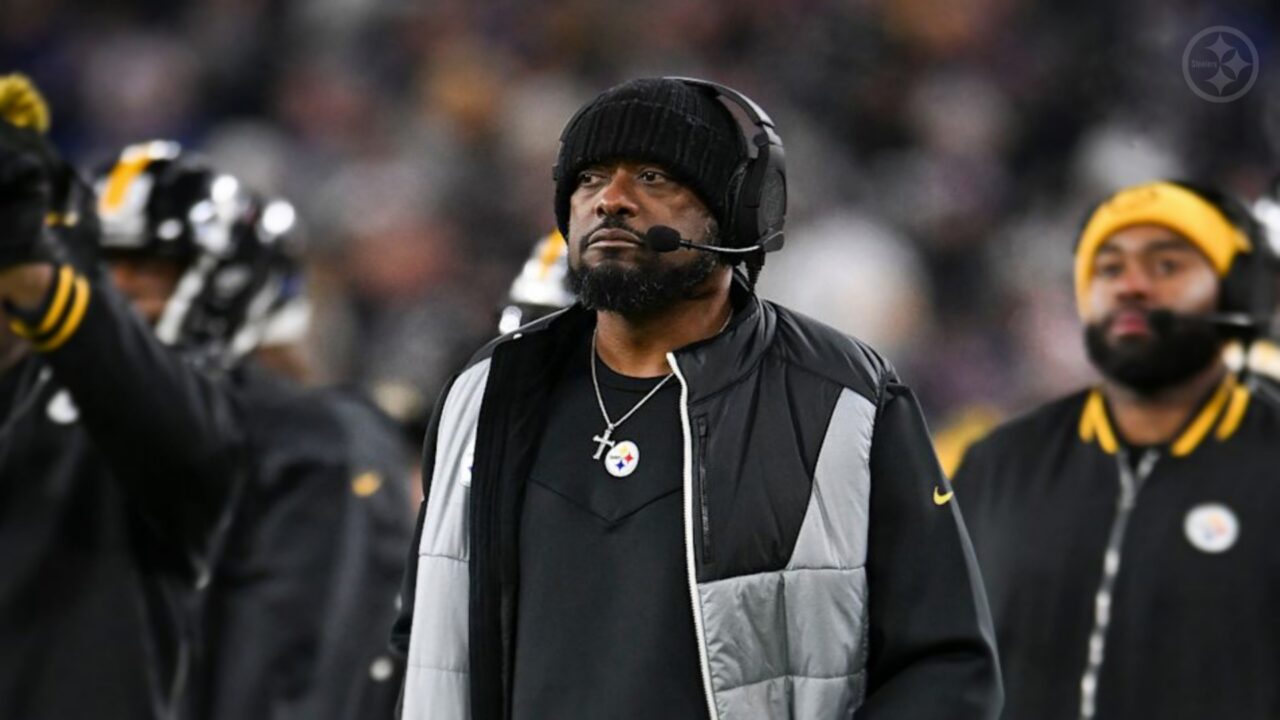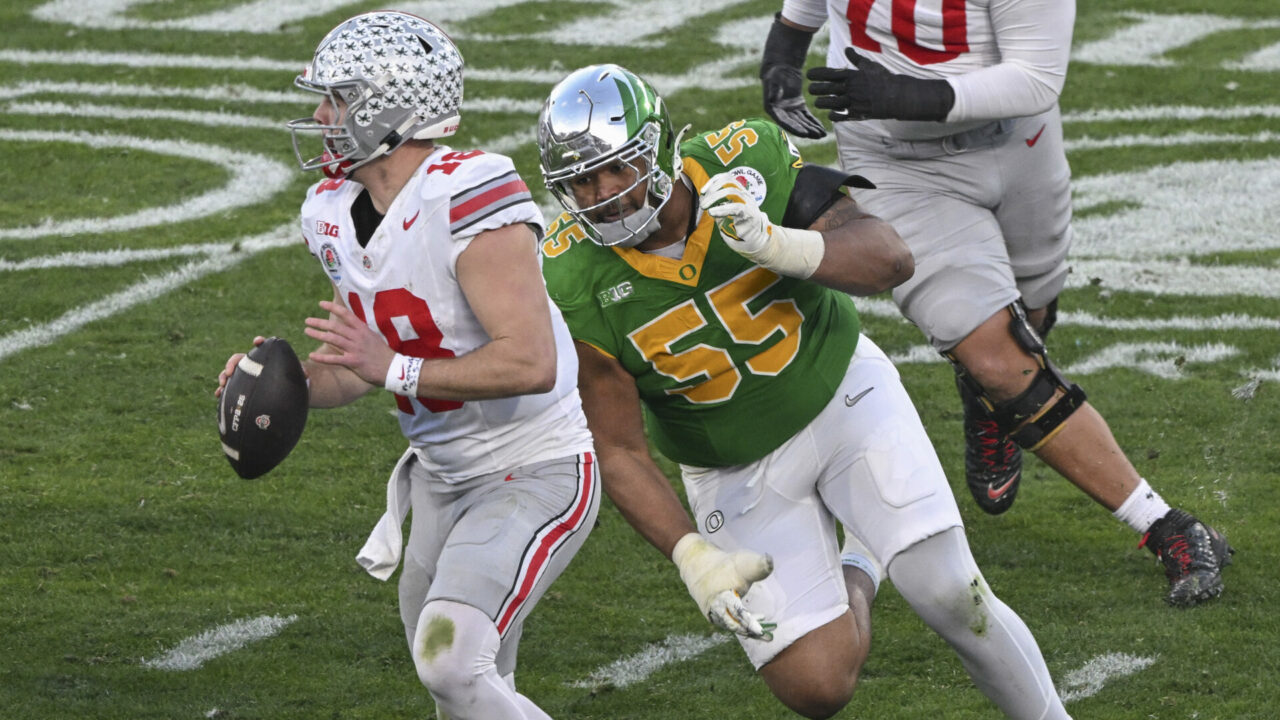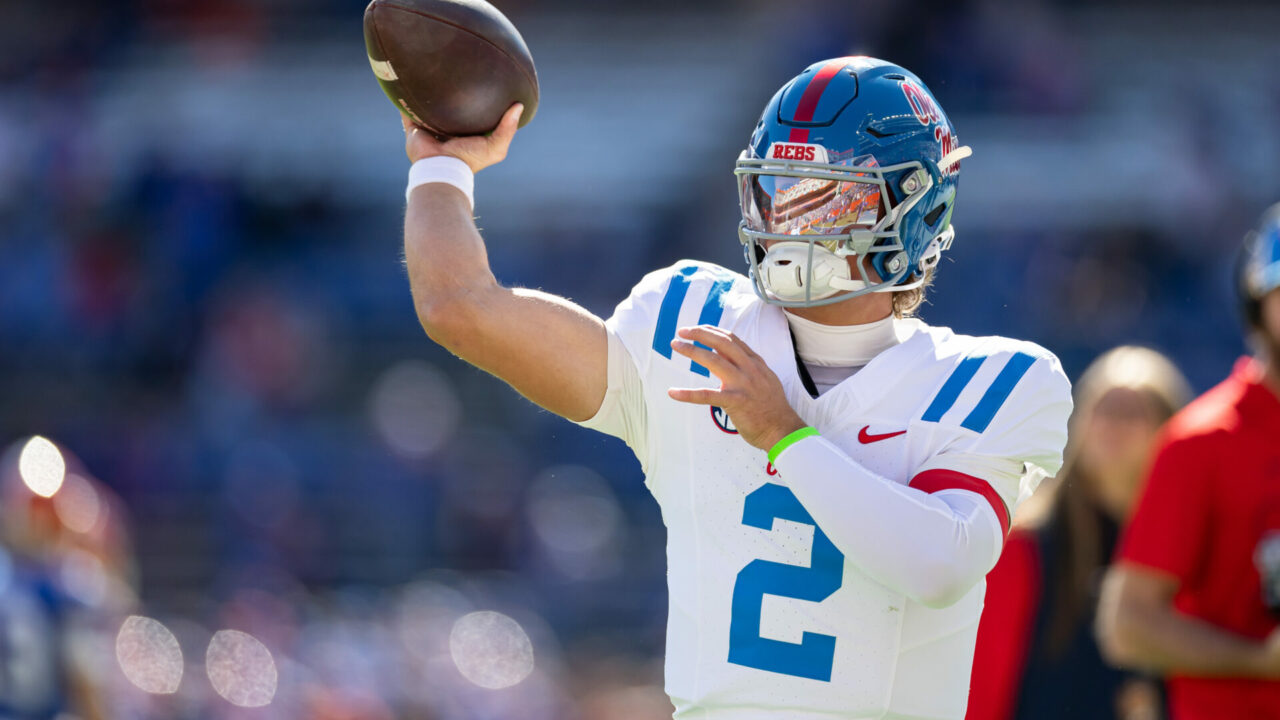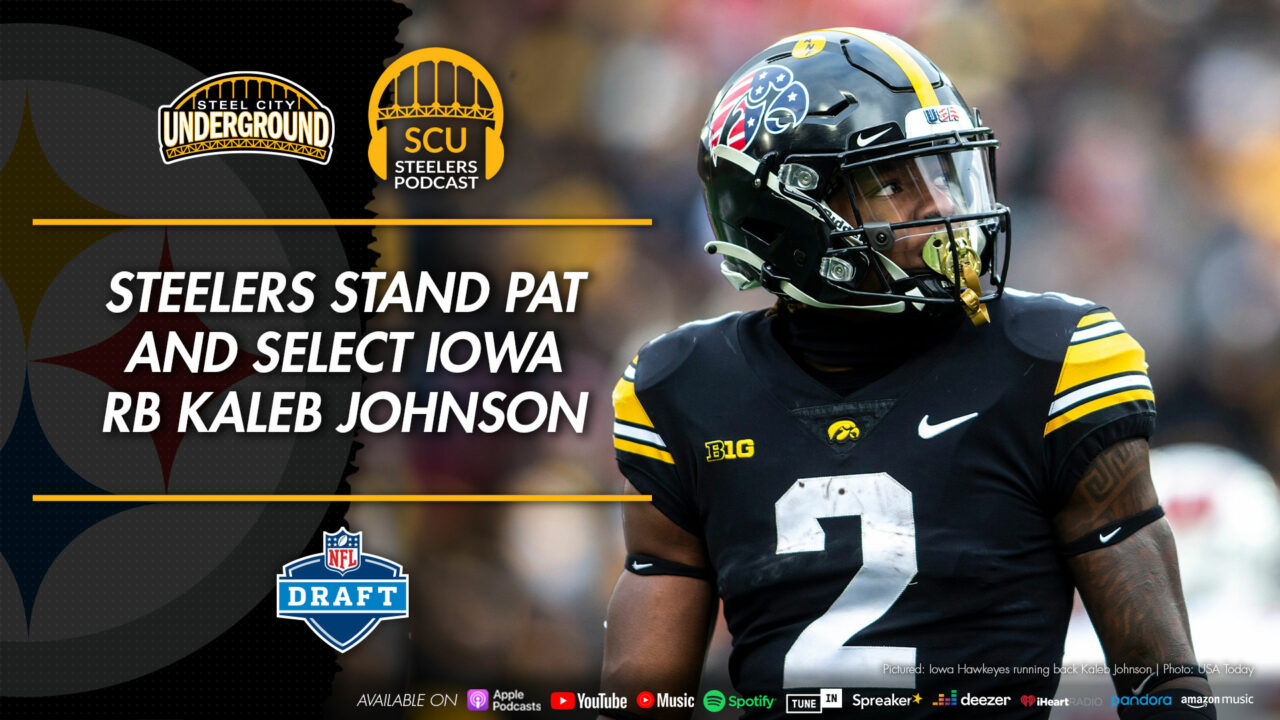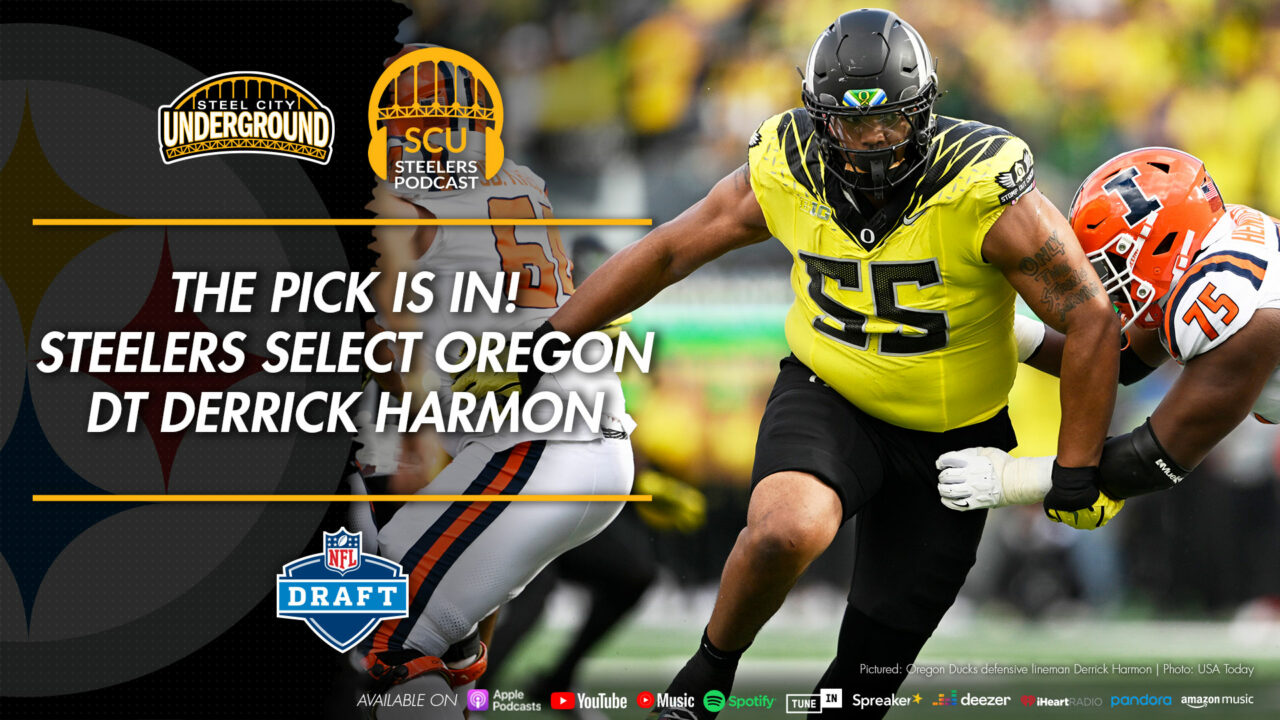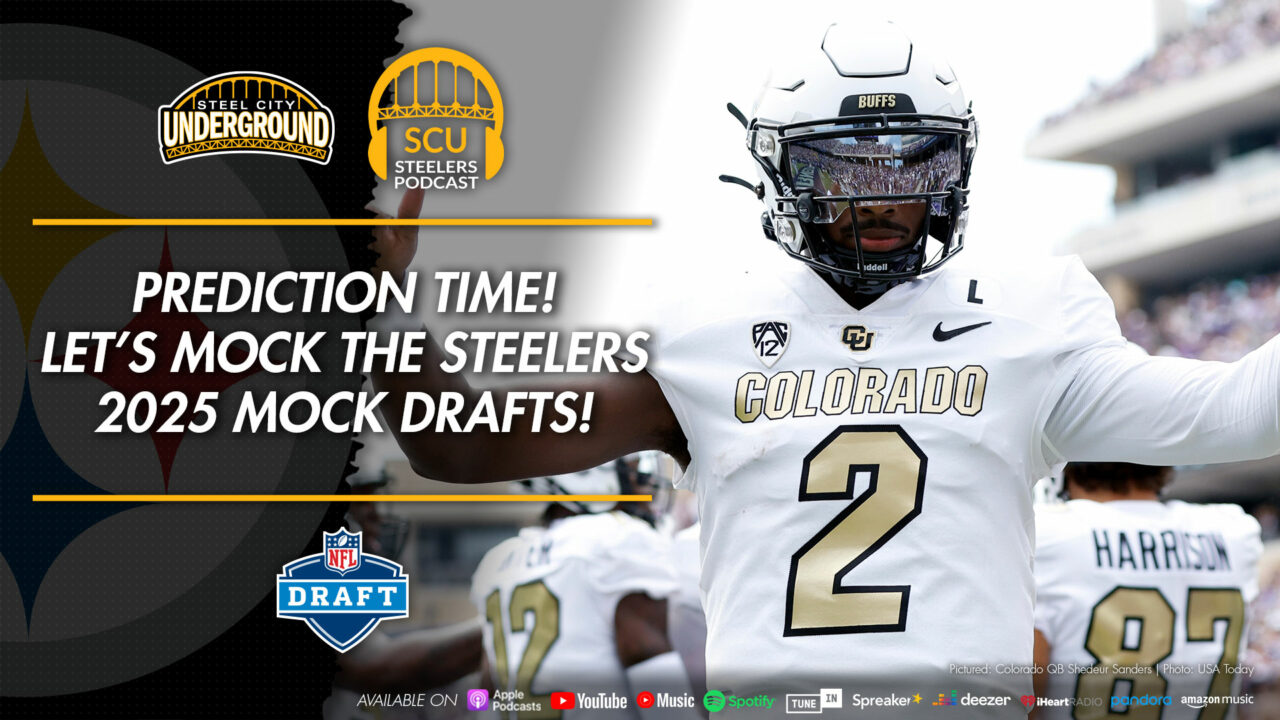The only constant is change, unless you’re the Steelers
It’s been over five years since I last published an article on this site. During that time, I’ve been content to fill my role as the “old man yelling at clouds” on our Steel City Underground podcast. Life happens. Priorities shift. You pick your battles. But, what we witnessed on Saturday in Baltimore forced my hand.
The final act of this season—a five-week unraveling of everything Pittsburgh Steelers football is supposed to represent—demanded that I put thoughts to print. I’m not the first to weigh in, and I certainly won’t be the last, but the stench of this collapse compels me to speak up.
Let’s begin with a few truths.
First, I am, and have always been, an unapologetic fan of Mike Tomlin. From the day he was hired, I’ve believed in him as a coach and leader. He’s a first-ballot Hall of Famer in my book, and I firmly believe that if the Steelers ever decided to part ways, he’d have offers before he could finish cleaning out his office.
Tomlin is the second-winningest coach in Steelers history, trailing only Chuck Noll (207-183). The Steelers, as a franchise, are synonymous with stability – only three head coaches since 1969. Let that sink in.
To put that in perspective, here’s the count for teams who’ve existed as long:
- Dallas Cowboys: 10 head coaches
- New England Patriots: 13 head coaches
- Kansas City Chiefs: 13 head coaches
For a more recent comparison, the Baltimore Ravens, who debuted in 1996, have had just three head coaches in their history.
What do all these franchises have in common? They win – consistently and often.
Stability breeds success. It’s a compelling argument, and it’s served Pittsburgh well.
However, after what feels like the most dramatic and demoralizing collapse in franchise history, maybe—just maybe—it’s time to reexamine the cost of stability.
I want to be clear: I’m not calling for Mike Tomlin to be fired. I’m not suggesting he isn’t the man for the job. But, after watching this team limp through a five-game losing streak that took them from division champions to playoff afterthoughts, no one—coaches, players, or otherwise—should be untouchable (except maybe Cam Heyward – he is the definition of what a Steeler should be.)
Every position, from the sidelines to the field, deserves scrutiny. Ownership must ask a single, ruthless question: Does this person give us the best chance to win?
If the answer is no, it’s time to move on.
The Collapse
What we saw over the last five weeks— and especially in Baltimore against the Ravens in the Wild Card playoff game — demands change. The Steelers’ vaunted, highest-paid defense looked anything but elite. They wilted under pressure.
When commentators openly question your team’s pride and effort, something is broken.
The Mike Tomlin we know built his reputation as a motivator. He’s turned unlikely players into contributors and squeezed life out of impossible situations. Remember Duck Hodges? This man was on the cusp of the playoffs with Devlin “Duck” Hodges!
But the team we saw Saturday? They didn’t look inspired. They didn’t look motivated. They didn’t even look like they cared. Their second-half touchdowns came against a Ravens team that had already landed their punches and backed off the gas. Baltimore still drove the point home, running the ball 15 straight times and answering every Steelers effort with ease.
The final score, 28–14, may look respectable on paper. It wasn’t. It was an embarrassment.
Loyalty vs. Reality
Sometimes, loyalty is a double-edged sword. The Steelers’ loyalty to Ben Roethlisberger, for example, delayed their future and forced them to ride a declining star longer than they should have. Ben is a legend, arguably the best quarterback in franchise history, but time waits for no one.
The same might now be true of Mike Tomlin. Every coach, no matter how great, eventually needs a change of scenery.
The immutable law of the universe is that the only constant is change. Nothing lasts forever. Except, perhaps, in Pittsburgh.
A New Era of Stability
The Steelers have clung to stability for decades, and it’s brought them immense success. But, stability only works if it produces results. What we’ve seen over the past five weeks suggests that a reset—a realignment—is overdue.
Stability doesn’t mean complacency. It doesn’t mean ignoring glaring issues or hoping things will fix themselves. Sometimes, stability requires stepping back and making bold, difficult decisions.
Mike Tomlin isn’t the problem. The players aren’t the problem. The system—the culture of settling for “good enough”—is the problem.
It’s time for ownership to face the hard truth: the Steelers can no longer lean on their history of success to justify the status quo. The next era of stability must be built on accountability, not nostalgia.
Change isn’t easy, but it’s necessary.
And right now, it’s the only path back to greatness for the Pittsburgh Steelers.
